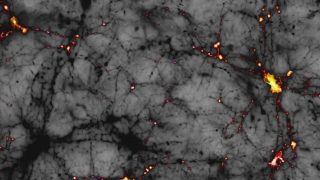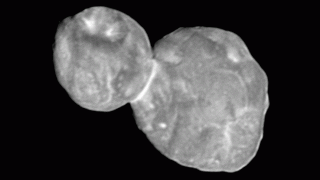
MI weekly selection #371
Elevated amyloid may predict Alzheimer’s in seniors Researchers who used amyloid PET found that older adults with healthy cognition and elevated amyloid levels had poorer test scores and more reports of subtle daily cognition declines, compared with those with lower amyloid deposition. “These results support the hypothesis that elevated amyloid represents an early stage in […]








